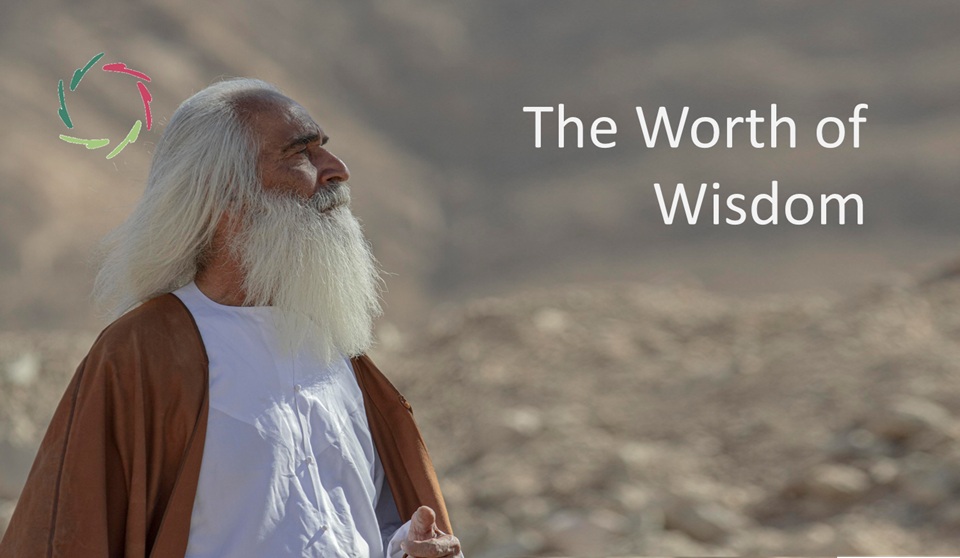Difference between Fear and Anxiety

Very briefly: fear is concrete – anxiety is symbolic.
One can have fear of a lion just escaped from the zoo, or of the sound of approaching footsteps along a dark and lonely street in a strange city. The object of fear is always readily nameable. The fear itself is always readily relatable to by others.
Contrary to this, one can be anxious and not know why. In case of a phobia, the object is generally not fear-provoking to many others. So?
Anxiety is always about deeper meaning.
To name the object of anxiety may appear easy but the real object of anxiety is underlying. For instance, one can have a phobia for spiders. The real source of this phobia is not the (in most cases quite harmless) spider itself, but what the spider deeply, symbolically stands for. The spider may be harmless while the anxiety is profound. It may be related to many things. Indeed this is typical for symbolic stuff. Prior experiences with spiders for instance. Sounds obvious…
But why then were these prior experiences related to anxiety? Perhaps as a child, you as now-phobic person thought the little spider would suddenly become bigger and would really bite and this would be very painful. Obvious again…
But then simply pointing out the fiction of this idea should relieve the anxiety. It doesn’t, generally. So?
The real object of the spider phobia is what the spider symbolically stands for.
This may be for instance the vague idea that ‘harm’ exists and can be present nearby: in the room for instance, or even in or under your bed (big and hairy) while you are unaware of it. It may be present all the time.
Now this ‘harm’ may symbolically represent something even more vague and omnipresent. What lies behind, may be something like “I am not safe” or “My father cannot protect me”. Or “Harm exists – with a capital H, perhaps as a proto-devilish creature”. It may represent a feeling of being overwhelmed and lose control. And indeed the person with a phobia can feel overwhelmed and lose control. Not the control as in a video game, but control over one’s inner being. A symbolic kind of control.
[see also: ‘Symbolism lost. Symbolism regained.’]
If you search very deeply, there is always an element of attraction.
Like in a dream where you are in danger – the spider is coming to get you, or the crevice is right before you – and ‘something’ retains you or even pushes you towards it and… oh no, you’re losing control!
The attraction may be far from obvious and you don’t need to search it in order to diminish the anxiety. But if you encounter it within yourself, you may try to see it as a ‘normal’ part of your issue, something that is there and that you don’t need to control nor be controlled by it. Relating to it in a more relaxed way – if possible without coercing yourself – may already lessen the phobic tension or general anxiety.
Contrary to this, a simple fear never contains such an element of attraction.
Anxiety points to inside, to one’s nonconscious, deeper layers of mind.
Fear points to outside, something objectifiable. Anxiety points to inside. Therefore, if you have a phobia or another kind of anxiety, you as a total person need to be involved in your healing.
AURELIS sessions and coaching can provide support in this, not only in diminishing the anxiety itself but also in ‘learning’ something about yourself while doing so. [see: ‘What You Can ‘Learn’ from Your Symptom’].
Others have already had such healing experiences to a huge degree.


